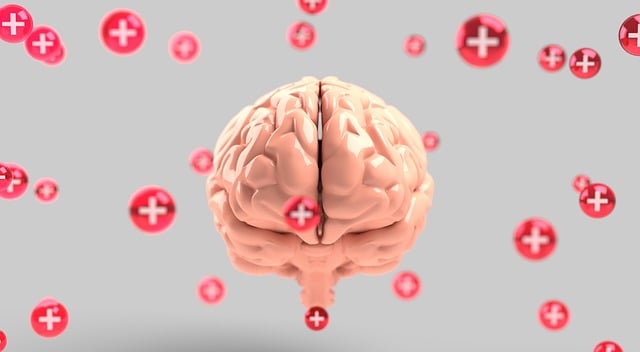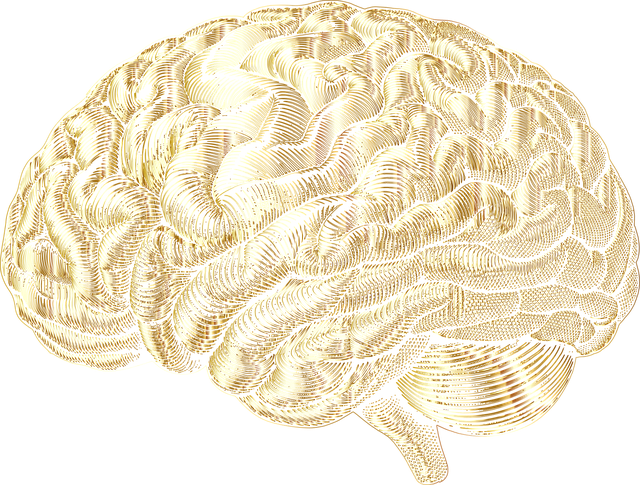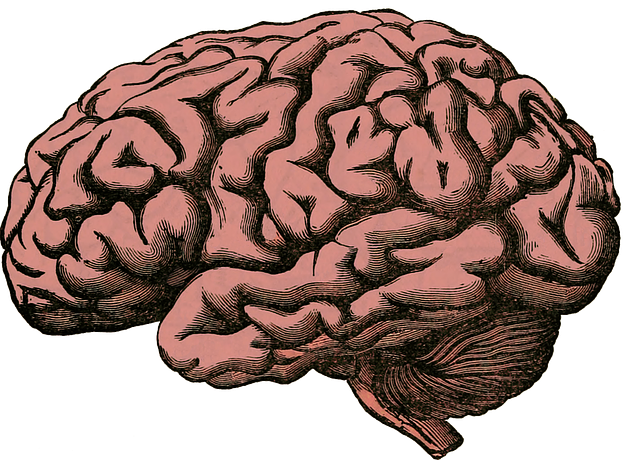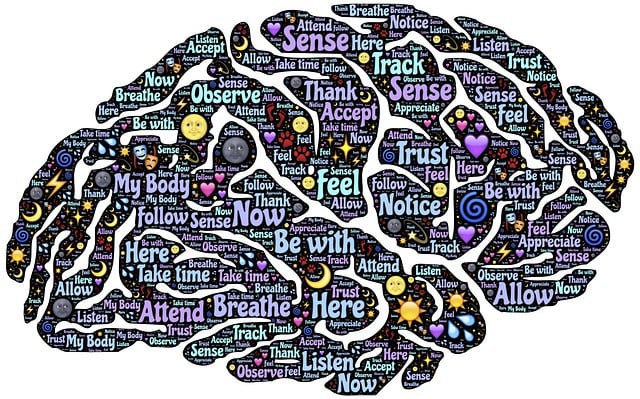Golden Cognitive Behavioral Therapy (GCBT) is a group-facilitated approach that equips individuals with tools to improve mental health by challenging negative thought patterns. This structured process, emphasizing open discussion and skill-building, enhances emotional resilience and well-being. Ideal for community outreach and healthcare provider burnout prevention, GCBT integrates into broader Mental Health Awareness initiatives, fostering balanced navigation of life's challenges. As a Golden Standard in therapy, CBT focuses on thought, feeling, and action connections, encouraging active participation and healthier coping strategies through collaborative relationships. Mental wellness groups provide supportive ecosystems for sharing experiences and learning, cultivating positive behaviors and cultural sensitivity.
“Unleash the power of mental wellness group facilitation with our comprehensive guide. Explore the transformative potential of Golden Cognitive Behavioral Therapy (CBT), a proven approach for enhancing group dynamics. Discover how CBT principles, with their focus on thought patterns and behavior, can be adapted to create safe, supportive environments.
From establishing trust and fostering open communication to leading engaging activities and discussions, this article equips facilitators with essential skills. Learn to navigate group dynamics, encourage peer support, and provide constructive feedback, making your sessions both effective and empowering.”
- Understanding Golden Cognitive Behavioral Therapy (CBT): A Facilitator's Guide
- – Definition and principles of CBT
- – Benefits for mental wellness groups
Understanding Golden Cognitive Behavioral Therapy (CBT): A Facilitator's Guide

Golden Cognitive Behavioral Therapy (GCBT) offers a powerful approach to group facilitation, focusing on identifying and modifying negative thought patterns and behaviors. This therapeutic method is particularly beneficial in community outreach programs aimed at mental health awareness and burnout prevention strategies for healthcare providers. By fostering an environment of open discussion and skill-building, facilitators can empower individuals to take control of their mental wellness.
The core principle of GCBT involves helping participants recognize cognitive distortions, such as all-or-nothing thinking or catastrophizing. Through structured group sessions, facilitators guide members in challenging these distorted thoughts, replacing them with more balanced and realistic perspectives. This process encourages individuals to develop effective coping strategies, enhance emotional resilience, and improve overall mental health. By integrating GCBT techniques into community programs, facilitators can contribute to a broader Mental Health Awareness initiative, enabling participants to navigate life’s challenges with greater equanimity.
– Definition and principles of CBT

Cognitive Behavioral Therapy (CBT) is a highly effective and widely recognized golden standard in mental health treatment. It focuses on identifying and changing negative thought patterns, behaviors, and emotional responses that contribute to distress and dysfunction. CBT is based on the principle that our thoughts influence our feelings and behaviors; by modifying these unhelpful thoughts and associated behaviors, individuals can achieve lasting improvements in their mental wellness. The therapy encourages active participation from clients, teaching them to recognize and challenge distorted thinking, develop healthier coping strategies, and set achievable goals.
This therapeutic approach emphasizes a collaborative relationship between the facilitator and the client, incorporating various techniques such as crisis intervention guidance, empathy building strategies, and encouragement of positive thinking. By helping individuals gain insights into their thought processes and providing practical tools for managing difficulties, CBT enables people to develop healthier ways of navigating life’s challenges, ultimately fostering improved mental health and well-being.
– Benefits for mental wellness groups

Mental wellness groups offer a unique and powerful environment for individuals to come together and support one another through shared experiences and challenges. One of the key benefits is the sense of community and belonging it fosters, addressing the crucial aspect of social connection in mental health recovery. Members gain access to a safe space where they can openly discuss their struggles, learn from one another’s resilience, and exchange coping strategies. This peer-to-peer support network is particularly beneficial for individuals seeking guidance on managing anxiety, depression, or trauma, as it leverages the power of collective wisdom and shared understanding.
Additionally, incorporating cognitive behavioral therapy (CBT) techniques within these groups can be transformative. CBT’s focus on identifying and challenging negative thought patterns empowers participants to develop healthier mindsets. By applying the Mind Over Matter principles, group members learn to navigate their emotions more effectively and cultivate positive behaviors. Furthermore, cultural sensitivity in mental healthcare practice is enhanced when facilitators adapt their approaches to respect diverse perspectives, ensuring that every individual feels validated and supported within the group dynamic. This inclusive environment extends beyond the session, encouraging ongoing advocacy for better mental health policy through shared knowledge and experiences.
Golden Cognitive Behavioral Therapy (GCBT) offers a powerful framework for facilitators aiming to enhance mental wellness group sessions. By understanding and applying its core principles, therapists can create supportive environments that foster meaningful connections and encourage participants to develop effective coping strategies. The benefits of GCBT are clear: it promotes active engagement, empowers individuals through self-reflection, and facilitates positive behavioral changes. With this evidence-based approach, facilitators can make a significant impact on the lives of those seeking mental wellness support.










